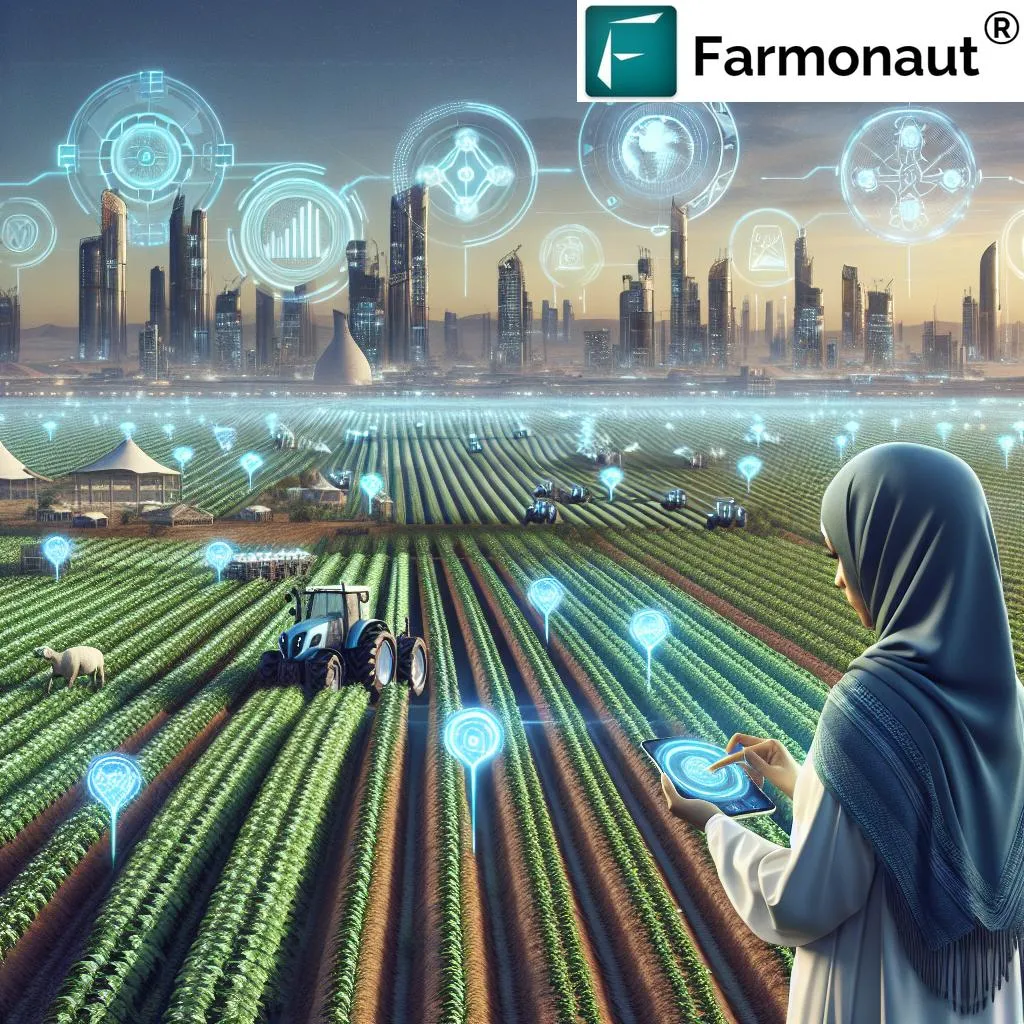In 2025, agriculture production stands at the precipice of a technological revolution, driven by the urgent need to feed a growing global population while mitigating the impacts of climate change and resource scarcity. The sector is witnessing a paradigm shift, with innovations and technologies reshaping traditional farming practices and paving the way for sustainable, efficient, and resilient food production systems.
Key drivers of this transformation include the integration of precision agriculture tools, biotechnological advancements, and the rise of urban agriculture. Precision agriculture, in particular, has emerged as the heart of modern farming, leveraging satellite imagery, IoT sensors, and AI-powered analytics to optimize crop management and resource use. These technologies enable real-time monitoring of crop health, soil conditions, and irrigation needs, empowering farmers with data-driven insights to make informed decisions.
The impact of these technologies is substantial. For instance, precision farming tools are estimated to increase global crop yields by up to 30% through real-time data and advanced analytics. Similarly, AI-powered drones and smart irrigation systems are projected to reduce water usage by 20% in large-scale farming operations. Biotechnological solutions, such as genetically improved seeds and biological pest control, further enhance crop resilience and reduce the need for chemical inputs, contributing to sustainable agriculture practices.
Urban agriculture and vertical farming are also gaining traction, offering solutions to feed growing urban populations while minimizing land and resource constraints. These methods utilize cutting-edge lighting, hydroponics, and climate controls to maximize food output per unit area, reducing water wastage and enabling year-round local production.
Sustainable practices are at the forefront of agricultural production in 2025. Farmers are increasingly adopting crop rotation, integrated pest management, conservation tillage, and organic farming techniques to preserve soil health, reduce environmental impacts, and ensure long-term productivity. Policies and incentives from governments and international organizations further promote these sustainable practices, encouraging farmers to adopt water-saving irrigation, biofertilizers, and other eco-friendly methods.
Meeting the challenges of agriculture production by 2025 requires a multifaceted approach. It involves not only the adoption of innovative technologies but also the implementation of sustainable practices, effective policy frameworks, and improved market access. Companies like Farmonaut are playing a crucial role in this transformation, empowering farmers with advanced tools and advisory services to enhance productivity and sustainability.
As we look towards 2026 and beyond, the future of agriculture production lies in the continued integration of technology, sustainability, and policy. By embracing these advancements, the agriculture sector can meet the growing demands for food while preserving the environment and ensuring the livelihoods of farmers worldwide. The journey towards future-proofing agriculture production is underway, and the opportunities for innovation and growth are vast.

